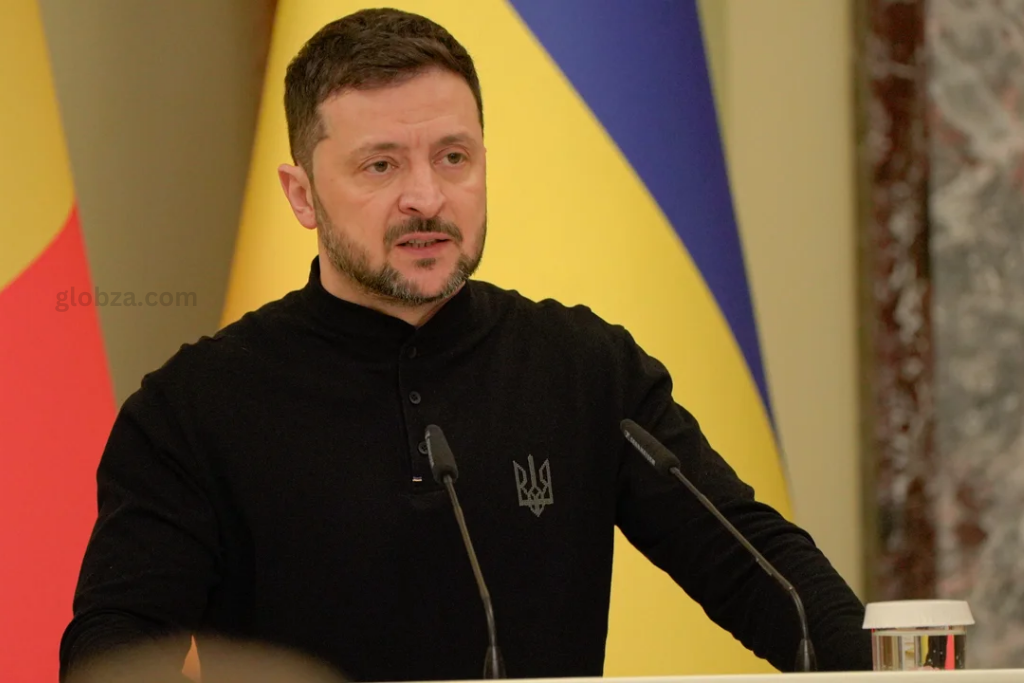In a striking development in the ongoing war in Ukraine, President Volodymyr Zelensky has made a significant allegation that at least 155 Chinese citizens are actively fighting alongside Russian forces. This marks the first official statement from Ukraine suggesting that China may be indirectly involved in supporting Russia’s military operations—not through weapons or logistics, but through the provision of human resources. The claim raises serious concerns and adds a new dimension to the already complex geopolitical situation, especially considering China’s repeated assertions of neutrality in the conflict.
This accusation could signal a potential shift in the international narrative surrounding the war. If verified, the involvement of Chinese nationals might strain diplomatic relations between Ukraine and China, and could prompt renewed scrutiny from global powers regarding Beijing’s true stance on the conflict. It also underscores the increasingly global nature of the war, as foreign individuals or entities become more entangled in its progression. The Ukrainian government has called for further investigation and international attention to this matter, emphasizing the urgent need for transparency and accountability on the world stage.
What Did Zelensky Say?
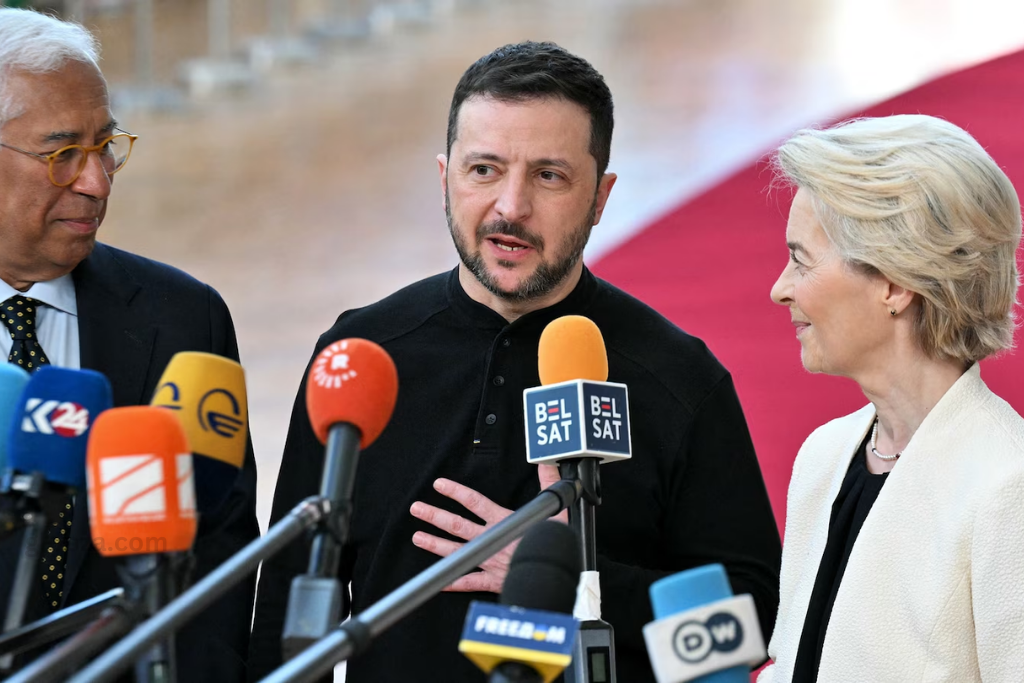
Speaking to journalists on Wednesday, President Volodymyr Zelensky revealed a startling development in the ongoing conflict with Russia. He stated that Ukrainian intelligence services had identified 155 Chinese nationals actively participating in combat operations against Ukraine. According to Zelensky, authorities have gathered comprehensive evidence, including passport information, verifying the identities of these individuals. This revelation marks a significant escalation in Ukraine’s diplomatic stance and underscores the country’s growing concern over foreign involvement in the war. Zelensky emphasized the gravity of the situation, stressing that such actions cannot be dismissed or overlooked by the international community. “This is a very serious matter,” he said, urging global leaders to pay close attention. He called on China to clarify its position and take responsibility if its citizens are indeed found to be part of Russia’s military efforts. The Ukrainian leader’s statement could potentially complicate China’s global diplomatic relations, especially as it continues to maintain a public image of neutrality regarding the conflict.
“The Chinese issue is serious. There are 155 people with surnames, with passport data.”
In addition to his public remarks, President Zelensky also released a video on X (formerly known as Twitter) that further fueled international concern. The footage appeared to show the interrogations of two captured Chinese soldiers who were allegedly fighting alongside Russian forces. One of the detainees, speaking on camera, claimed that he had never even fired a gun before being thrown into combat, suggesting he may have been unprepared or possibly misled about the nature of his involvement in the conflict. The video has since circulated widely online, drawing reactions from political analysts and human rights observers alike.
According to Ukrainian officials, both individuals were captured in the eastern Donetsk region, a hotbed of intense fighting and one of the key territories contested between Ukrainian and Russian forces. The presence of Chinese nationals in this volatile area raises new questions about how they arrived there and under what circumstances. The release of the video seems to be a strategic move by the Ukrainian government to bring global attention to the growing international dimensions of the war, and to increase pressure on China to respond to the allegations.
Details of the Captured Soldiers
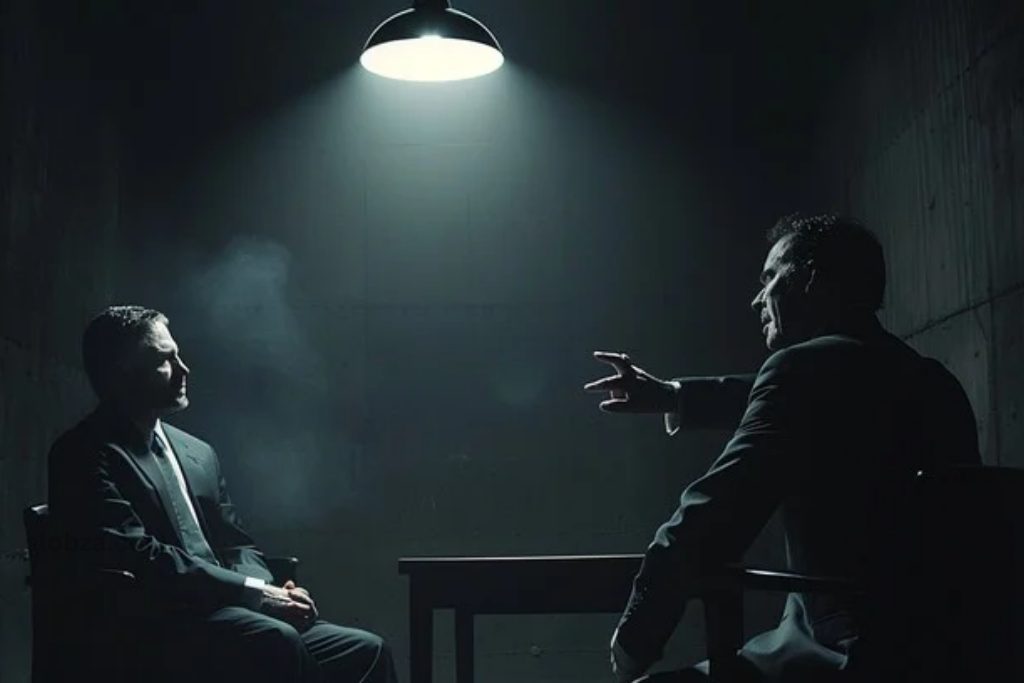
During their interrogations, both individuals communicated in Mandarin, further confirming their Chinese nationality. One of the detained soldiers revealed that it was his “first time in combat,” indicating a lack of prior military engagement or frontline experience. According to their accounts, they were deployed as part of small, tactical units that lost coordination and became scattered during the intensity of battle. Notably, one of the individuals recounted surrendering alongside Russian forces, underscoring a significant level of operational integration between the foreign recruits and regular Russian troops.
Ukrainian President Volodymyr Zelensky alleges that these Chinese nationals were not only trained in Moscow but were also supplied with migration documents to facilitate their movement. He further claims that the recruitment process is actively taking place through various social media platforms. According to Zelensky, this coordinated effort strongly implies that the Chinese government is aware of, if not complicit in, these activities.
China’s Response
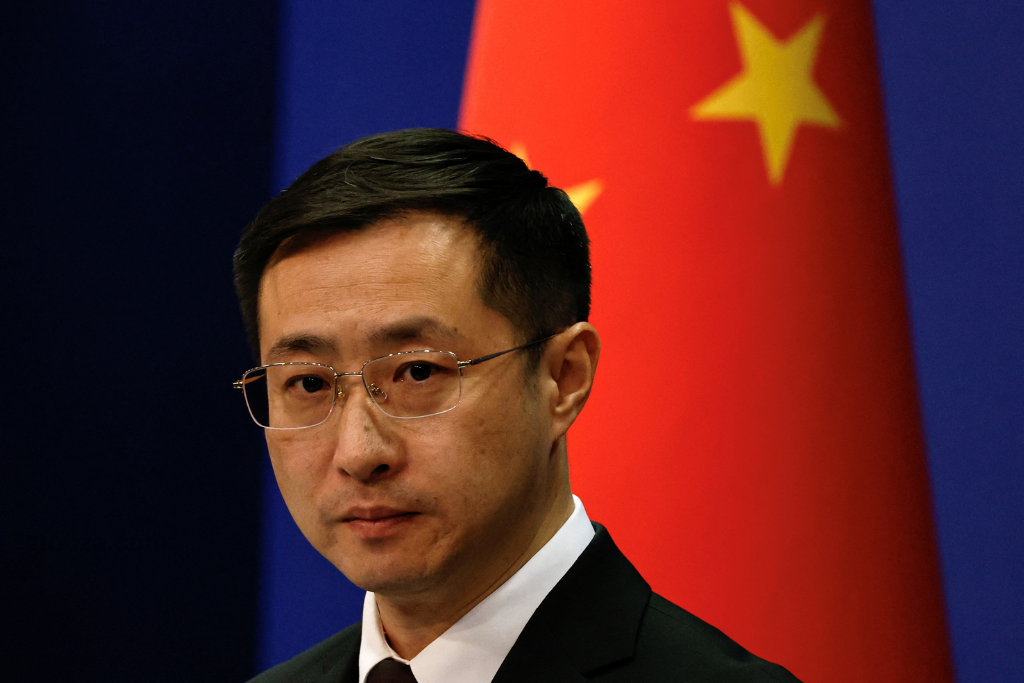
China swiftly issued a response, categorically denying any official involvement in the alleged recruitment or deployment of its citizens in the ongoing conflict. Officials emphasized that if any Chinese nationals were found to be participating in combat operations, they were acting independently and without government authorization. Reiterating its stance, Beijing stated that it has consistently urged its citizens to avoid entering armed conflict zones, and any such involvement would be considered a personal decision rather than a reflection of state policy.
“China is not one or the other the maker nor a party to the Ukrainian emergency. We are a staunch supporter and dynamic promoter of the quiet determination of the crisis.”
– Chinese Outside Service Representative Lin Jian
In response to the allegations, Chinese officials firmly denied any state involvement, asserting that if any Chinese nationals were participating in the conflict, they were doing so independently and without government authorization. A spokesperson reiterated that Beijing has consistently advised its citizens to avoid entering active war zones and engaging in armed hostilities, emphasizing that any such actions were personal choices and did not reflect official policy or endorsement by the Chinese government.
The Bigger Picture
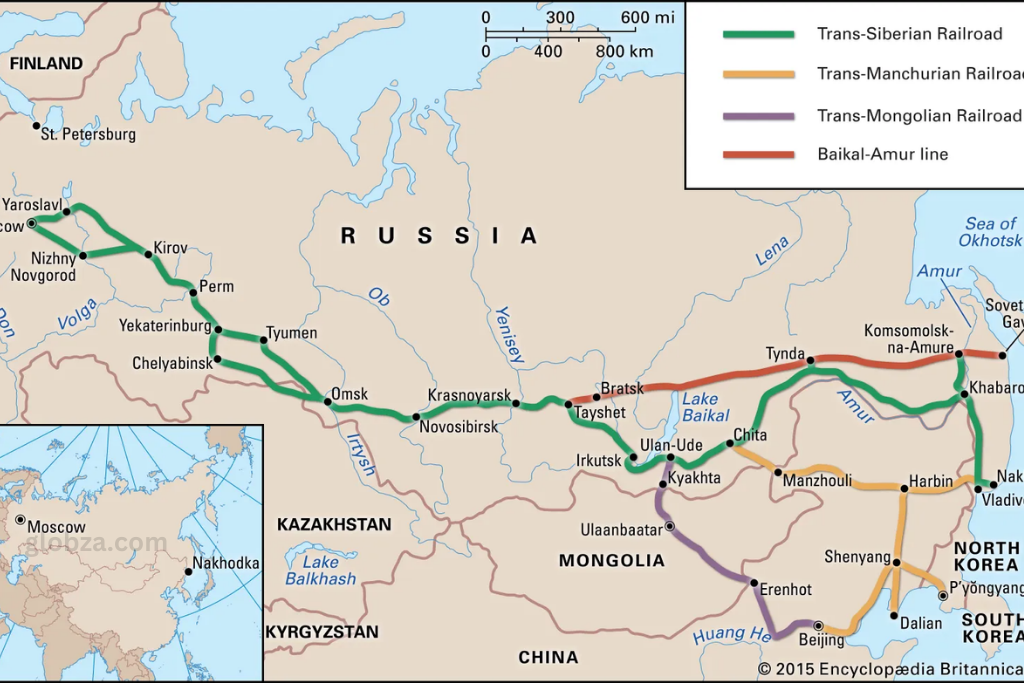
This isn’t the first time President Zelensky has questioned China’s stance of neutrality in the ongoing conflict. He has previously accused Beijing of indirectly aiding Russia by providing components that end up in Russian weapon systems. These include dual-use technologies—such as drones, semiconductors, and other electronic parts—that, while not exclusively military, can be adapted for use in warfare. Such claims have fueled growing concern over China’s potential role in bolstering Russia’s military capabilities without direct engagement.
Meanwhile, the United States has described the recent reports as “disturbing,” raising serious concerns about the broader implications of China’s potential involvement. U.S. officials have previously cautioned that China could be playing a supportive role in Russia’s war efforts through various means. These include contributing to the production of ammunition by supplying raw materials or components essential for manufacturing; assisting in the construction of armored vehicles by providing mechanical parts, technology, or engineering support; and playing a role in missile development, particularly by transferring dual-use technologies or advanced electronics that can enhance Russia’s missile capabilities. Such indirect support, according to Washington, would significantly strengthen Russia’s military infrastructure while allowing China to maintain a veil of plausible deniability.
Geopolitical Implications
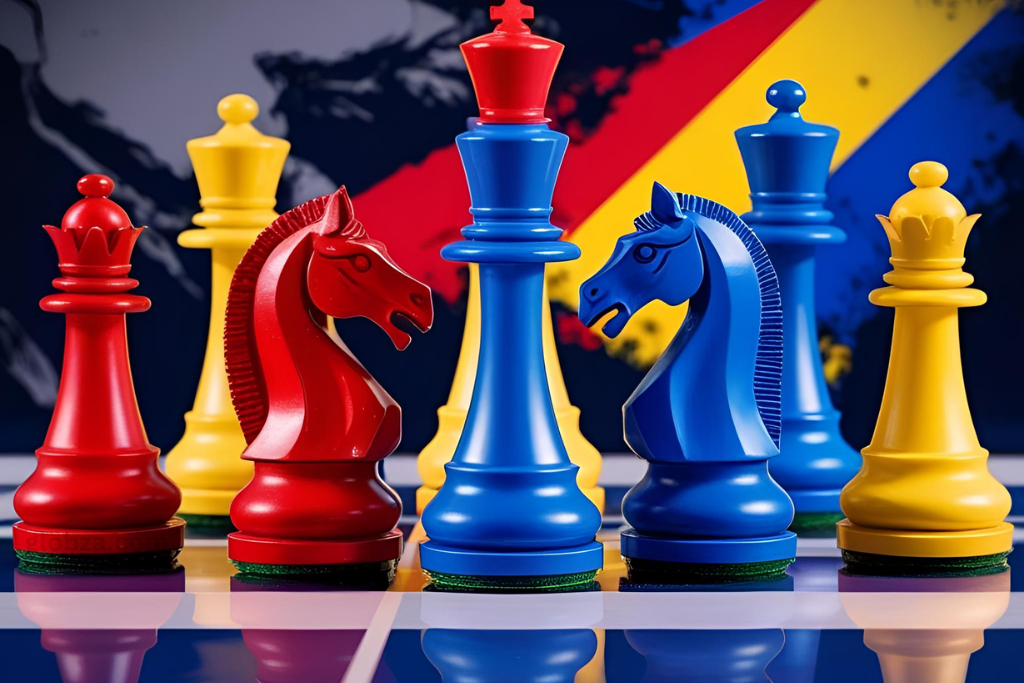
The potential confirmation of Chinese fighters operating in Ukraine would mark a significant turning point in the dynamics of the ongoing war. Such a development would not only expand the scope of foreign involvement but also signal a shift in how external actors are engaging with the conflict. The presence of foreign nationals on the battlefield—particularly from a country that has publicly maintained a stance of neutrality—would have serious geopolitical implications. It raises the specter of indirect or unofficial state involvement and complicates the already tense international landscape surrounding the Russia-Ukraine war.
This situation brings into question the sincerity of China’s declared neutrality. While Beijing has consistently maintained that it is not taking sides, the appearance of Chinese nationals among Russian forces—whether through formal channels or private mercenary arrangements—casts doubt on that claim. It also raises the possibility that informal or clandestine recruitment networks may be in operation, allowing foreign fighters to participate in the conflict without direct state accountability. At the same time, the involvement of such individuals highlights the growing manpower crisis facing Moscow, potentially pushing Russia to rely more heavily on outsourced or foreign personnel to sustain its military efforts.
These concerns are further amplified by Ukraine’s recent capture of two North Korean soldiers reportedly found fighting for Russia in the Kursk region. This incident, coupled with the emerging reports of Chinese fighters, suggests a disturbing trend of foreign nations—whether officially or unofficially—being drawn into the war. As the conflict drags into its third year, the international community is likely to face mounting pressure to reassess its diplomatic strategies and responses. Questions now loom over how the West will react to these developments, especially if evidence emerges linking foreign fighters to state-backed initiatives, potentially escalating tensions and complicating efforts toward conflict resolution.
Zelensky’s Call for Action
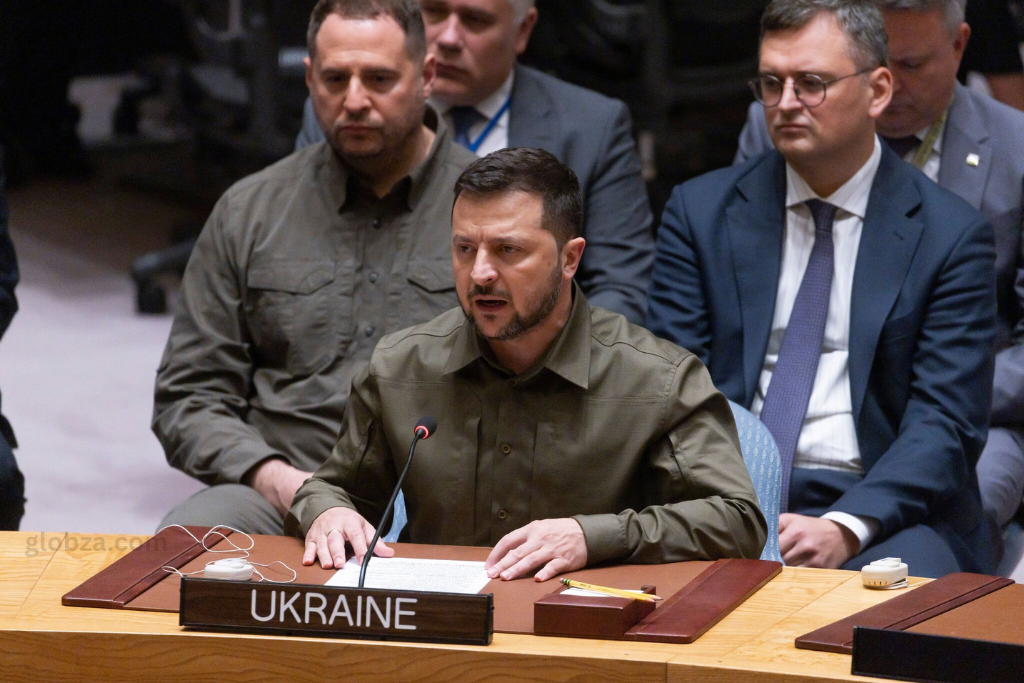
Zelensky has urged the U.S. and the global community to respond, framing the involvement of Chinese citizens as:
“A deliberate step towards the expansion of the war.”
He insists that this situation should serve as a stark wake-up call to all democratic nations observing the Ukraine conflict from afar. According to him, the growing involvement of foreign fighters and the potential erosion of international norms highlight the urgent need for unified action, greater vigilance, and a more assertive stance in defending democratic values and global security.
